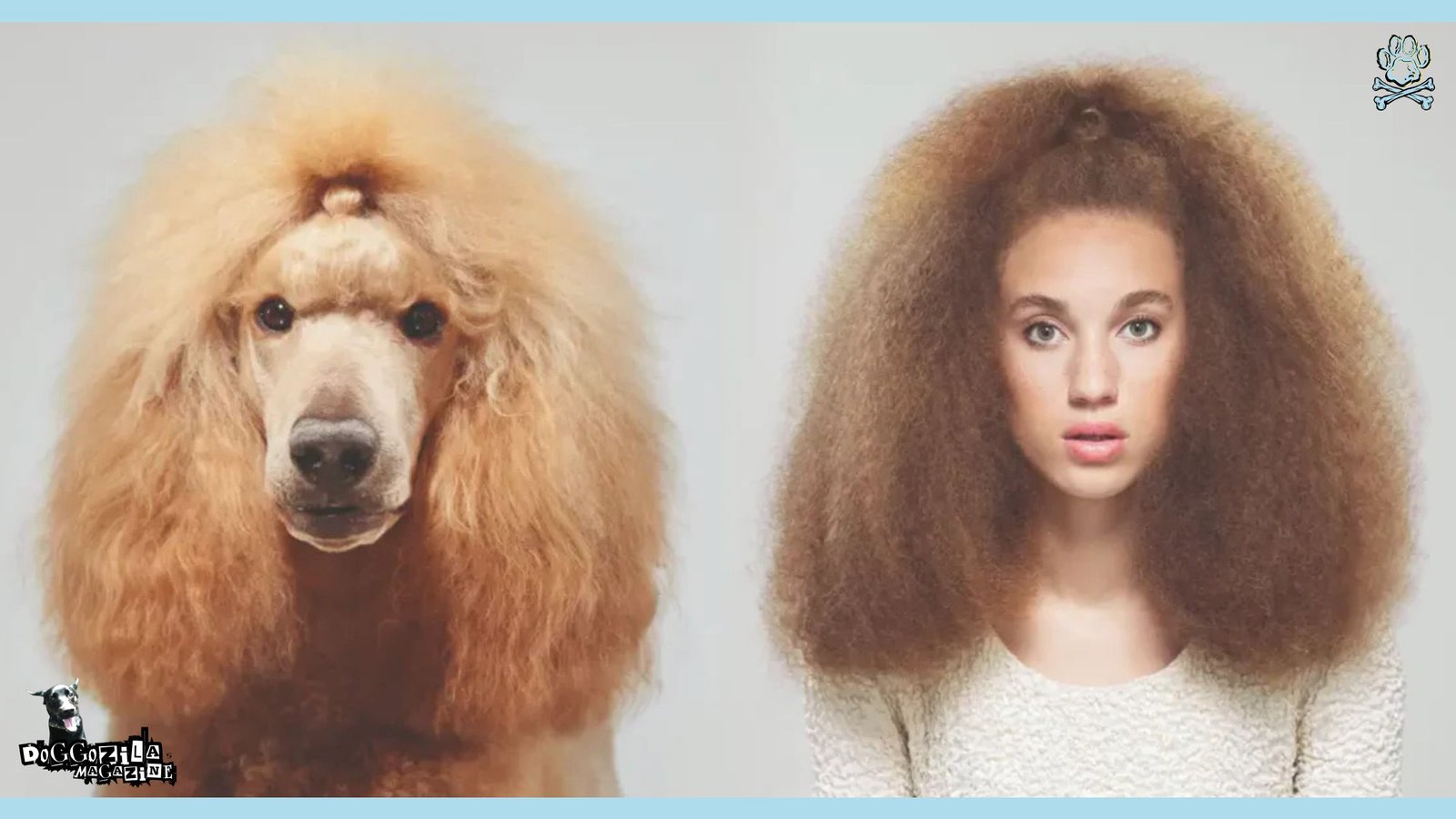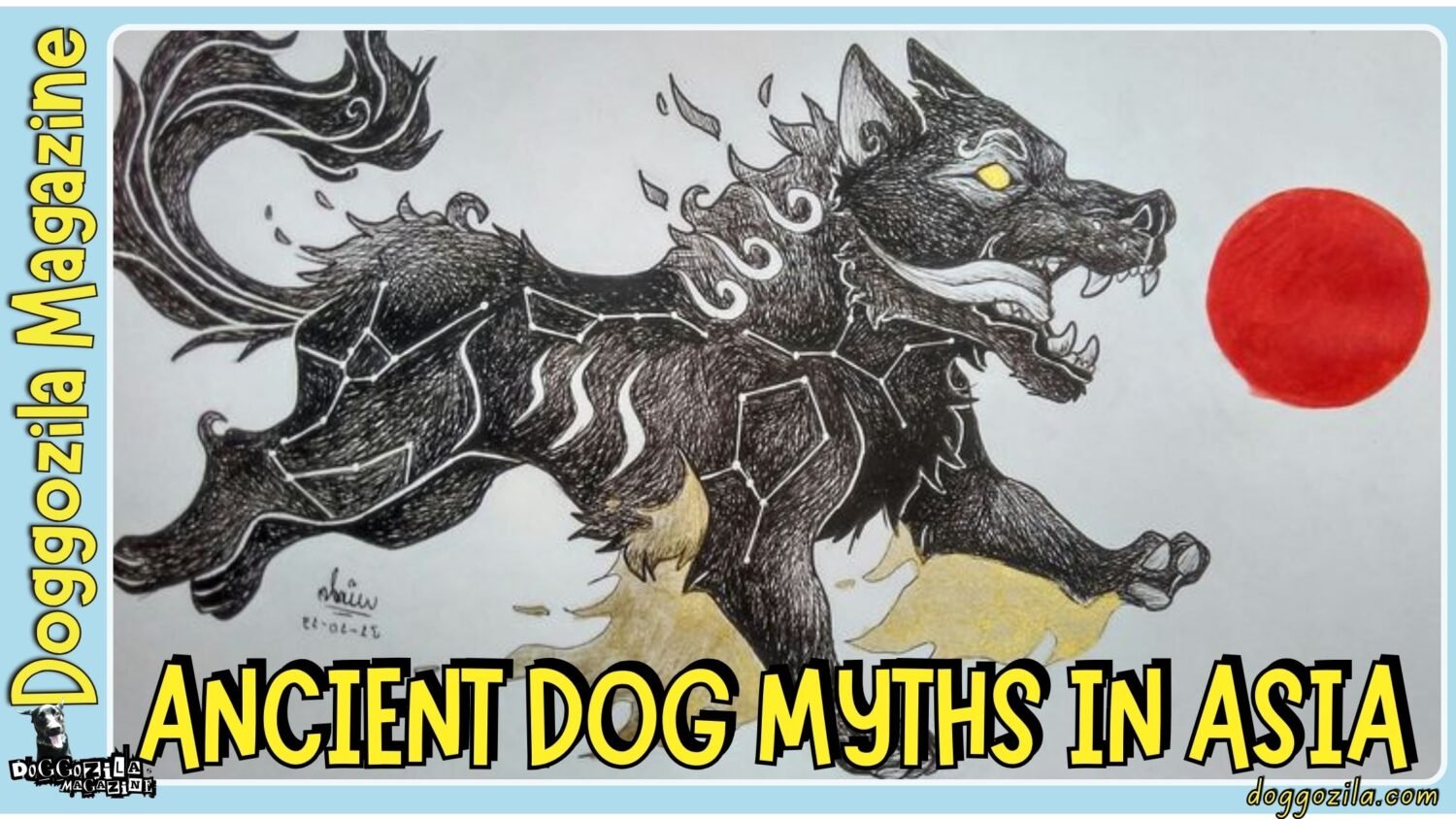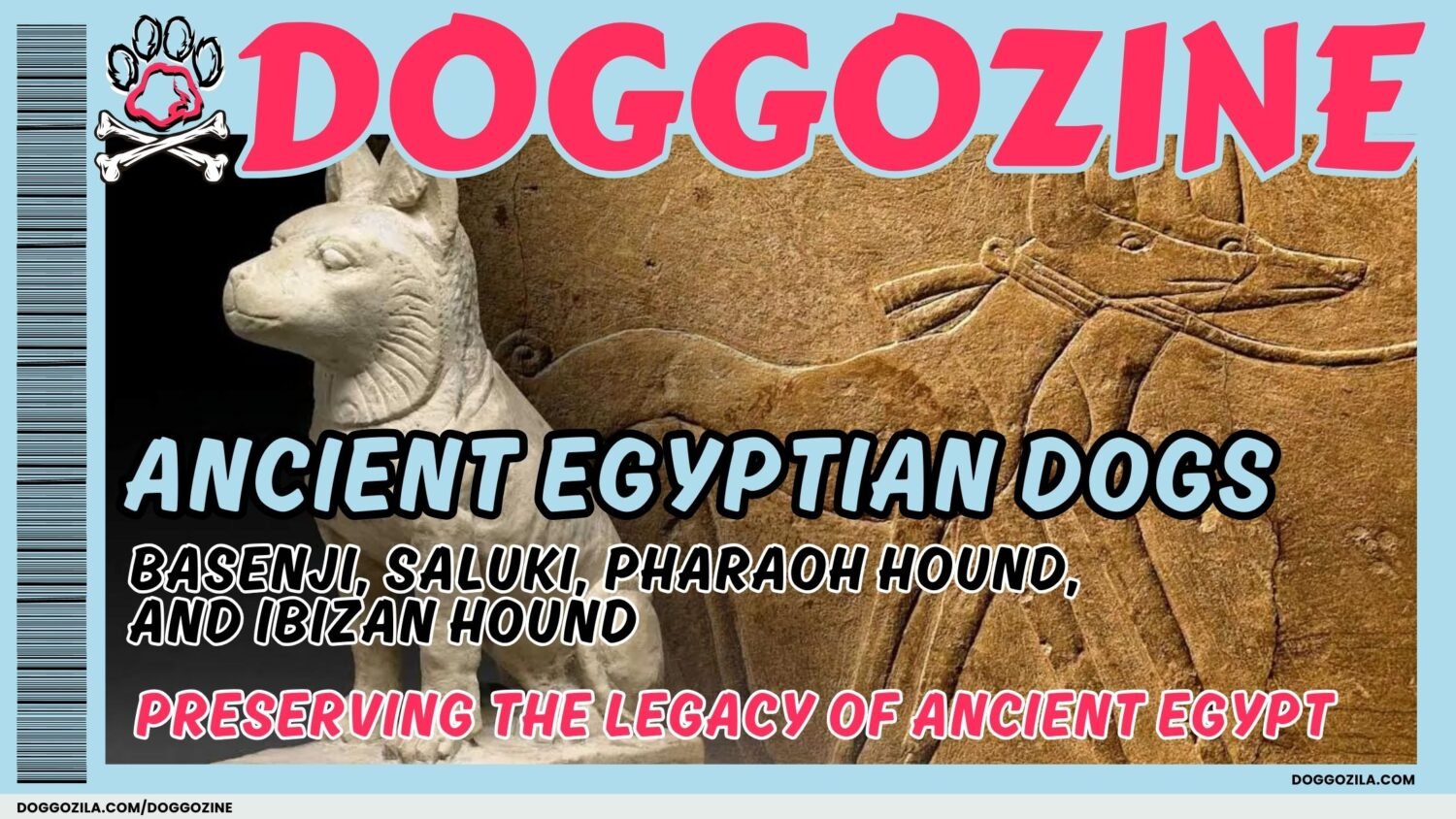Our affinity for specific dog breeds often reveals complex layers of our personality traits and preferences. The type of dog we choose to welcome into our homes can act as a reflection of our identity and emotional makeup. It’s widely acknowledged that the bond between dogs and humans transcends companionship, evolving into a partnership that significantly impacts our daily lives, mental well-being, and overall happiness. For many, their favorite dog breed is more than just pet; they are confidants, loyal companions, and an extension of their personal lives.
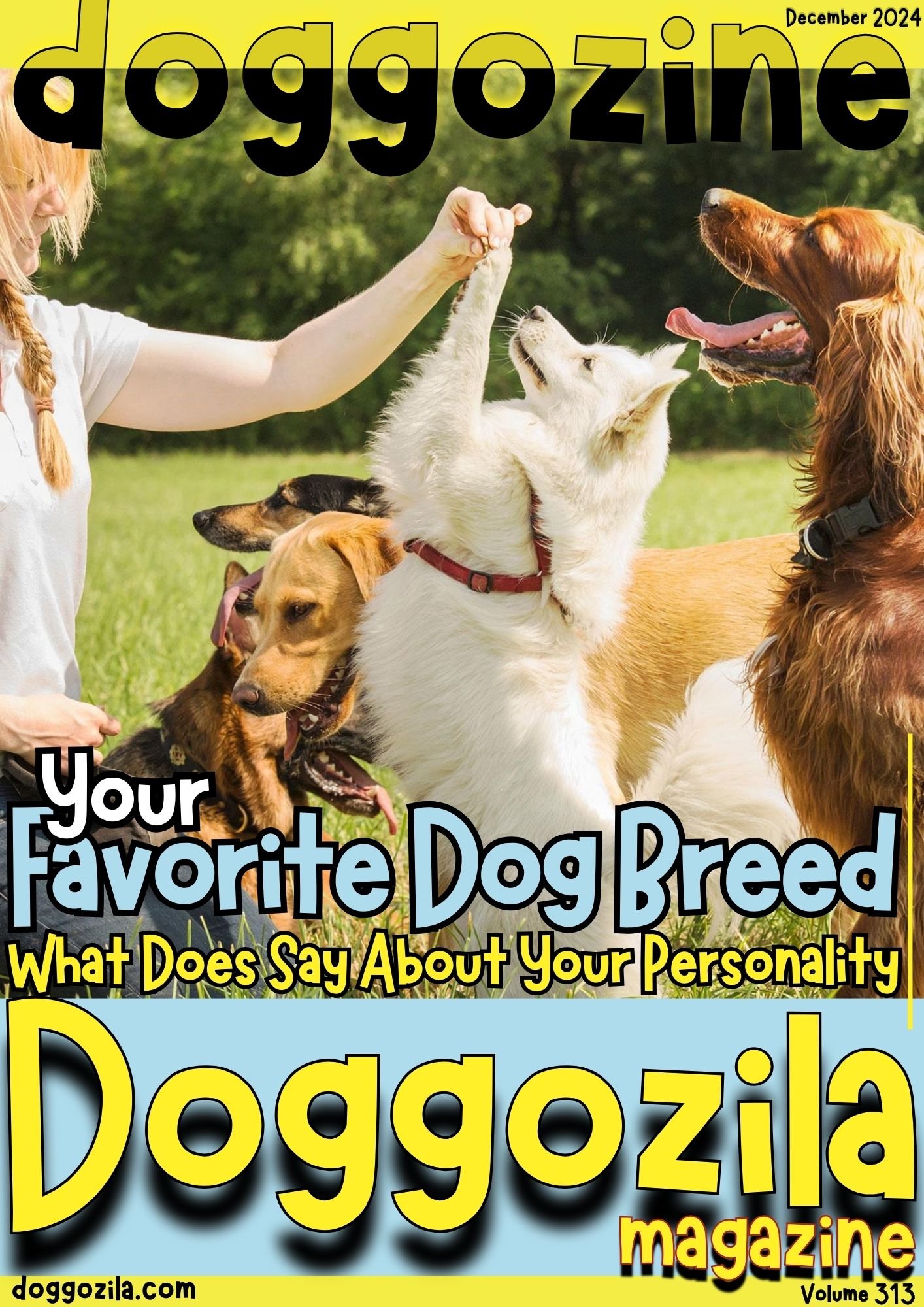
THE CONNECTION BETWEEN YOUR FAVORITE DOG BREED AND PERSONALITY
Research suggests that there exists a notable connection between our favorite dog breed we prefer and fundamental aspects of our psychological profiles. Individuals drawn to breeds marked by loyalty and affection might value reliability and emotional connection in their relationships, while those who gravitate towards energetic and adventurous breeds may reflect a sense of spontaneity and a zest for life.
What is Your Favorite Dog Breed?
This intriguing link raises questions about the deeper implications of our choices in dog companionship and encourages introspection about what these preferences reveal about us. Moreover, psychological studies have examined how personality traits such as extroversion, openness, and conscientiousness can correlate with the dog breeds individuals prefer.
The exploration of these relationships invites a broader understanding of both the animals that we cherish and the human predispositions they may embody. As we delve into the different dog breeds and their associated traits, we uncover more than just pet ownership preferences; we explore the nuanced ways in which our personalities and those of our canine companions intertwine.
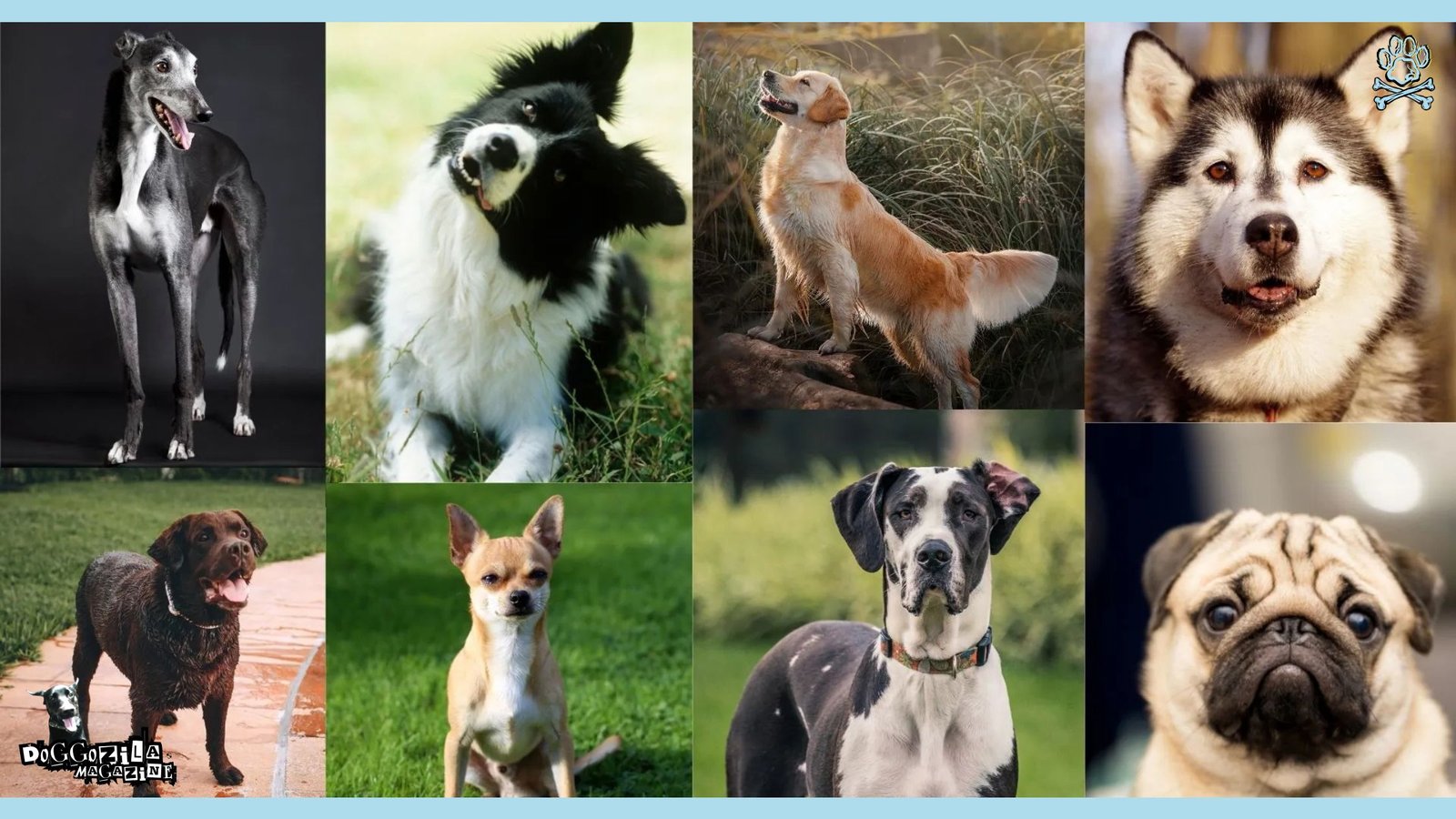
UNDERSTANDING PERSONALITY TYPES: A BRIEF OVERVIEW
Personality frameworks have long been a cornerstone in psychology, providing valuable insights into human behavior, preferences, and interactions. Two of the most prominent theories are the Myers-Briggs Type Indicator (MBTI) and the Big Five personality traits, both of which offer distinct approaches to categorizing personalities.
Myers-Briggs Type Indicator (MBTI)
The Myers-Briggs Type Indicator classifies individuals into 16 distinct personality types based on four binary dimensions: Extraversion (E) vs. Introversion (I), Sensing (S) vs. Intuition (N), Thinking (T) vs. Feeling (F), and Judging (J) vs. Perceiving (P).
This model suggests that people have unique combinations of these traits, which influence how they perceive the world, make decisions, and relate to others.
For example, an individual who identifies as an INFJ might be more empathetic and value deep connections, while an ESTP may be more action-oriented and spontaneous.
Big Five Personality Traits
In contrast, the Big Five personality traits focus on five broad domains: Openness to Experience, Conscientiousness, Extraversion, Agreeableness, and Neuroticism.
Each domain encompasses a spectrum ranging from high to low levels of these traits. This model allows for a more nuanced understanding of personality, as it acknowledges the complexity of individual differences.
For instance, a person high in Openness may be more creative and adventurous, whereas someone low in Conscientiousness may prefer flexibility over structure.
Intriguing Area of Study
Understanding these frameworks provides a foundation for exploring how specific personality traits align with preferences in dog breeds. By examining the characteristics associated with various personality types, one can gain insight into the types of dogs that align with their own personality.
Ultimately, dog ownership can reflect an individual’s values, lifestyle choices, and social dynamics, making the connection between personalities and people’s favorite dog breed an intriguing area of study.
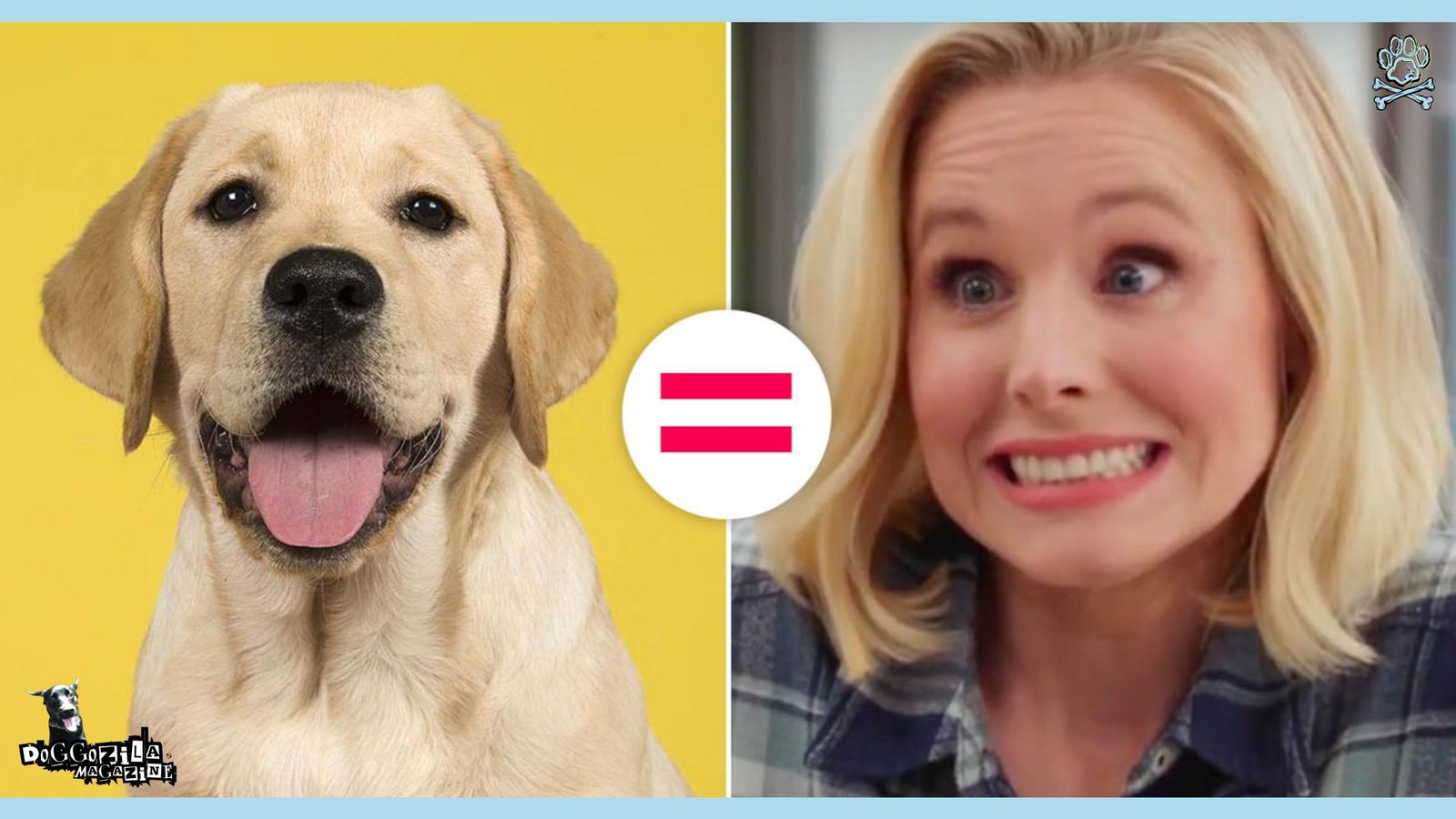
THE SCIENCE BEHIND THE FAVORITE DOG BREED PREFERENCES
The relationship between dog breed preferences and personality traits has intrigued researchers for years. Various studies aim to establish a connection between the types of dogs individuals gravitate towards and their underlying characteristics.
Study by The Psychologist Sam Gosling
One notable survey conducted by psychologist Sam Gosling explored the personality traits associated with different dog breeds. His research revealed that individuals who favor larger breeds, such as the Labrador Retriever or Rottweiler, often exhibit traits associated with being outgoing and active. On the other hand, those who prefer smaller breeds, like Chihuahuas or Pomeranians, may display more nurturing behaviors.
Study Published In The Journal Anthrozoös
Additionally, a study published in the journal “Anthrozoös” examined how dog owners perceive their pets in relation to their own personalities. The findings suggested that dog owners tend to choose breeds that reflect their values and lifestyles.
For example, individuals who prefer working breeds, such as Huskies or Border Collies, often have traits linked with being energetic, adventurous, and high-spirited. This correlation supports the notion that one’s choice in dog breed may be a manifestation of their personality traits.
Research About Analyzing Responses from Dog Owners on Personality Assessment Tests
Another interesting research component involved analyzing the responses from dog owners on personality assessment tests. The results indicated a significant relationship between breed preference and traits such as conscientiousness and openness.
Owners of breeds like the Beagle, known for their friendly and curious nature, displayed high levels of openness to experience, suggesting they might be more adaptable to new situations. This interplay between dog breed preferences and personality traits underscores the complexity of human-animal bonds.
Overall, the scientific exploration of dog breed preferences highlights an intriguing link between our personalities and the favorite dog breed we choose to share our lives with. By understanding these tendencies, we gain insight into how our preferences reflect broader aspects of our identities.
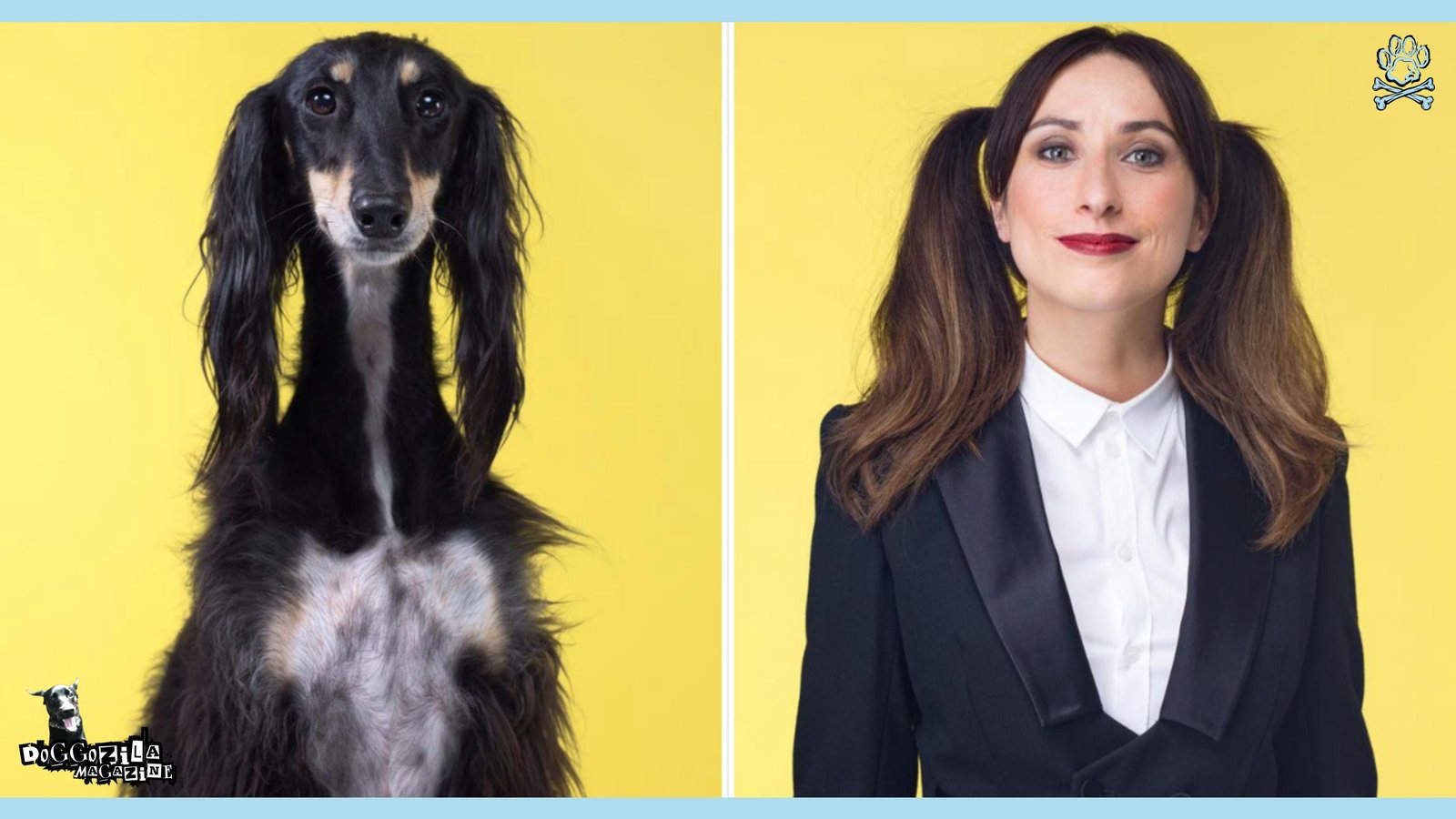
POPULAR AND FAVORITE DOG BREED AND THE ASSOCIATED PERSONALITY TRAITS
Dog breeds are often seen not only as companions but also as reflections of their owners’ personalities. Each breed boasts unique characteristics that can reveal insights into the traits of individuals who choose to share their lives with them.
What it Means if Your Favorite Dog Breed is Labrador Retriever
For instance, many Labrador Retrievers are characterized by their friendly nature and eagerness to please. Owners of this breed typically exhibit a similar sociable disposition, valuing relationships and enjoying communal activities. Their inclination towards nurturing relationships may suggest a person who is approachable and enjoys being part of a community.
What it Means if Your Favorite Dog Breed is German Shepherd
On the other hand, German Shepherds, known for their intelligence and loyalty, often attract owners who are decisive and hardworking. This breed is frequently associated with individuals who appreciate structure and responsibility, as these dogs excel in training and obedience.
Individuals who favor German Shepherds may also reflect traits of leadership, as they often take charge in both personal and professional settings, indicating a strong drive for achievement and reliability.
What it Means if Your Favorite Dog Breed is The Poodle
Poodles, versatile in their appearance and demeanor, are known for their high levels of intelligence and sophistication. Owners of Poodles are often perceived as creative and lively, who enjoy engaging both mentally and socially. The breed’s adaptability suggests that its human companions might also be flexible in nature, appreciating both the finer things in life and the joy of playful interactions. People drawn to Poodles may enjoy intellectual stimulation and often seek out new experiences, reflecting a dynamic personality.
Understanding the connections between popular and favorite dog breed and their corresponding personality traits encapsulates an intriguing aspect of pet ownership. As we delve into various breeds, it becomes clear that they are intertwined with the identity and characteristics of their owners, highlighting the nuanced bond shared between humans and their canine companions.
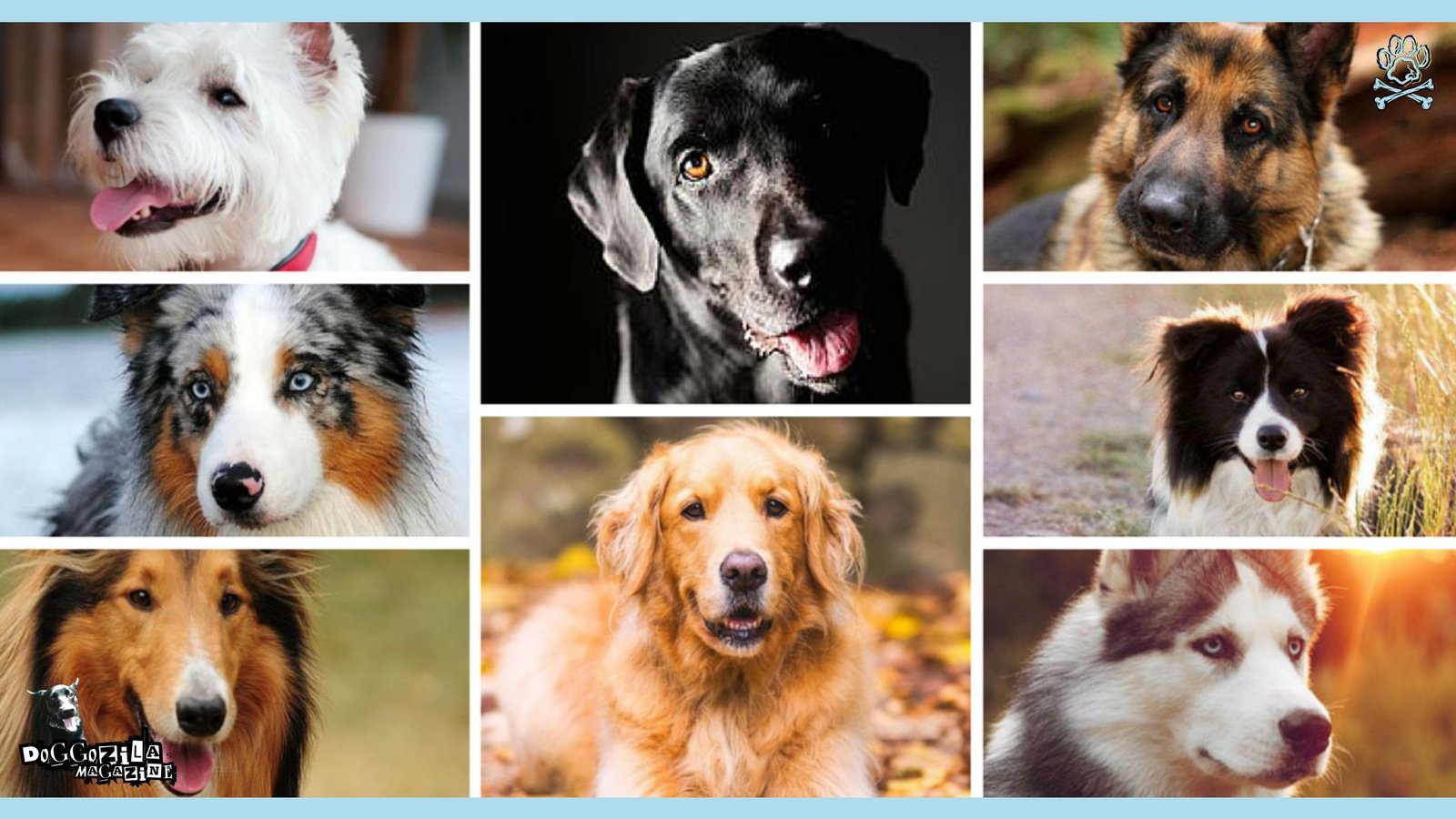
EXPERT INSIGHTS: WHAT PET PROFESSIONALS SAY
Veterinarians, dog trainers, and behaviorists have long observed intersections between dog breeds and the personality traits of their owners. These insights, rooted in a blend of experience and anecdotal evidence, paint a compelling picture of how our furry friends reflect our characteristics and lifestyle choices.
Dr. Emily Sanders Observation About the Active Favorite Dog Breed
One notable observation from Dr. Emily Sanders, a veterinarian with over a decade of experience, suggests that individuals who prefer active breeds such as Border Collies or Labrador Retrievers often display high energy levels and a zest for adventure.
“Many of my clients who own these breeds are inherently outgoing and enjoy outdoor activities,” she notes. “Their dogs often become an extension of their playful nature.”
Such choices appear to cultivate a harmonious relationship, with the pet mirroring the owner’s lifestyle.
Behaviorist Mark Thompson Says That Dogs Can Mirror One Another’s Behaviors
In the realm of dog training, behaviorist Mark Thompson highlights the impact of a favorite dog breed on ownership behavior.
“I frequently notice that individuals with more independent breeds like Basenjis or Afghan Hounds tend to have a more resolute temperament,” he says. “These owners often appreciate a certain level of autonomy, both in their dogs and in their own lives.”
This dynamic might suggest that just as dogs can mirror one another’s behaviors, they can also reflect the resoluteness or independence of their owners.
The Favorite Dog Breed Appeal to Specific Personality Traits
On a psychological note, many pet professionals agree that the favorite dog breed often appeal to specific personality traits, leading to a deeper emotional connection.
For instance, owners of companion breeds like Bulldogs or Shih Tzus might not only favor these breeds for their affectionate nature but also tend to exhibit nurturing personalities. Thus, the bond between dog and owner can reveal underlying aspects of their respective temperaments.
Through these expert observations, it becomes increasingly clear that the dogs we choose often reflect crucial elements of who we are, reaffirming the profound relationship between our favorite breeds and our personalities.
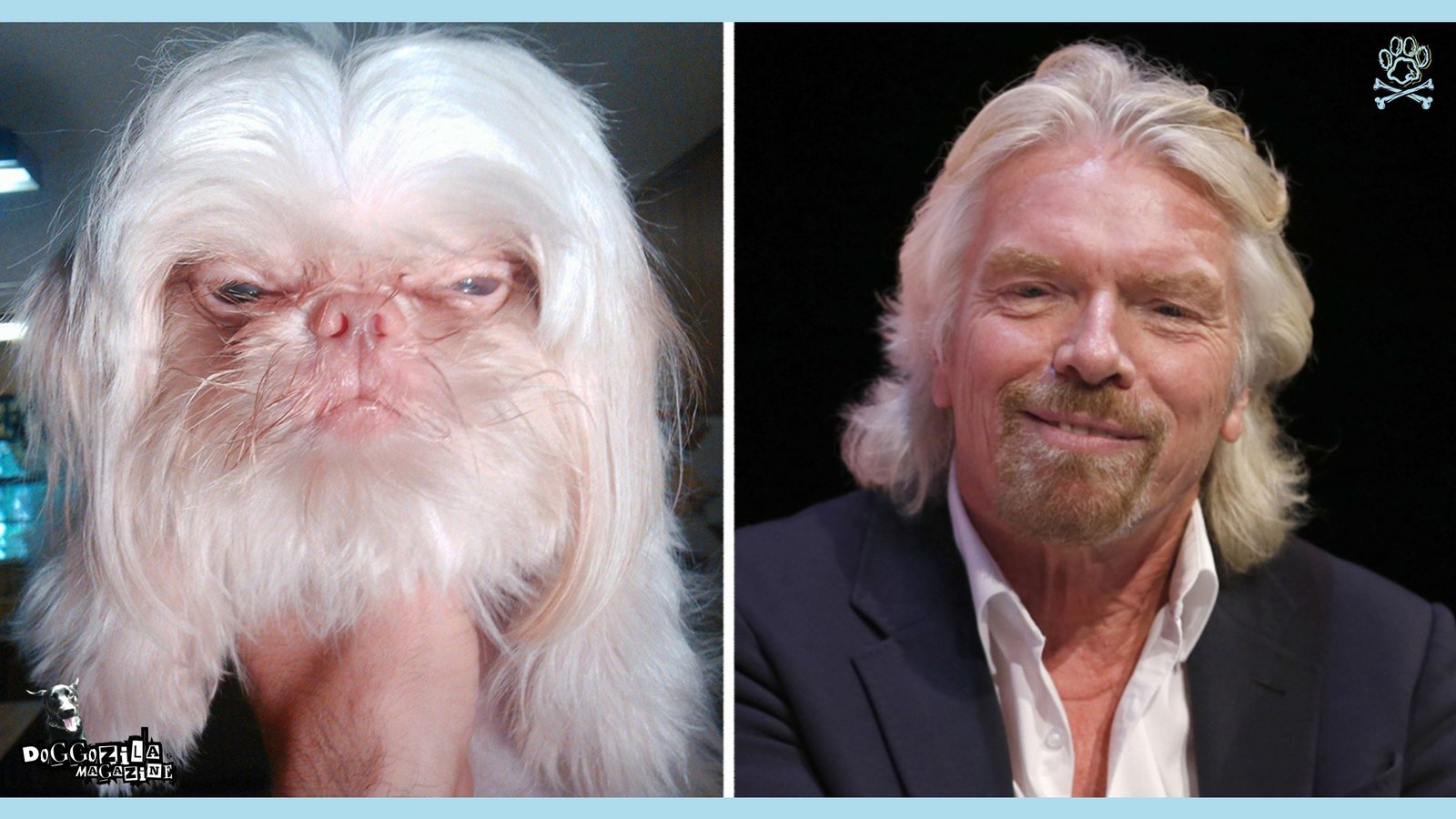
CULTURAL INFLUENCES ON THE FAVORITE DOG BREED PREFERENCES
The preference for specific dog breeds is not solely a matter of personal taste; it is profoundly influenced by cultural and environmental factors. Across the globe, different regions, countries, and social groups exhibit distinct preferences for dog breeds, reflecting their unique values, traditions, and lifestyles.
The Favorite Dog Breed of the Western Nations is Usually the Retriever
For instance, in many Western nations, breeds like Labrador Retrievers and Golden Retrievers are favored for their friendly temperaments and compatibility with family life. These preferences often mirror the societal emphasis on companionship and active outdoor lifestyles that are prevalent in these cultures.
Germany’s Favorite Dog Breed is the German Shepherd
Conversely, cultures that prioritize utility and working capabilities often favor breeds that have historical significance in specific roles such as herding, hunting, or guarding.
In countries like Germany, breeds such as the German Shepherd are celebrated for their versatility and intelligence, often used in police and military roles.
This suitability aligns with the cultural appreciation for discipline and functionality, showcasing that the selection of a favorite dog breed can reflect the societal values of a region.
Affluent Regions Choose Purebred Dogs and Lower-Income Areas Love Mixed Breeds
Moreover, socioeconomic factors play a critical role in shaping dog breed preferences. Affluent regions may lean towards purebred dogs, often associated with prestige and status, while lower-income areas may see a greater preference for mixed breeds, which are typically more accessible and available dogs at shelters. The communal bond between humans and their chosen breeds is thus not only personal but also deeply entrenched in cultural narratives and environmental realities.
Understanding these dynamics allows us to appreciate the deeper connections between dog breeds and human personalities. Each choice is a reflection of cultural identity, life experiences, and social values, making it clear that the bond we form with our canine companions communicates much about who we are within the contexts of our lives.
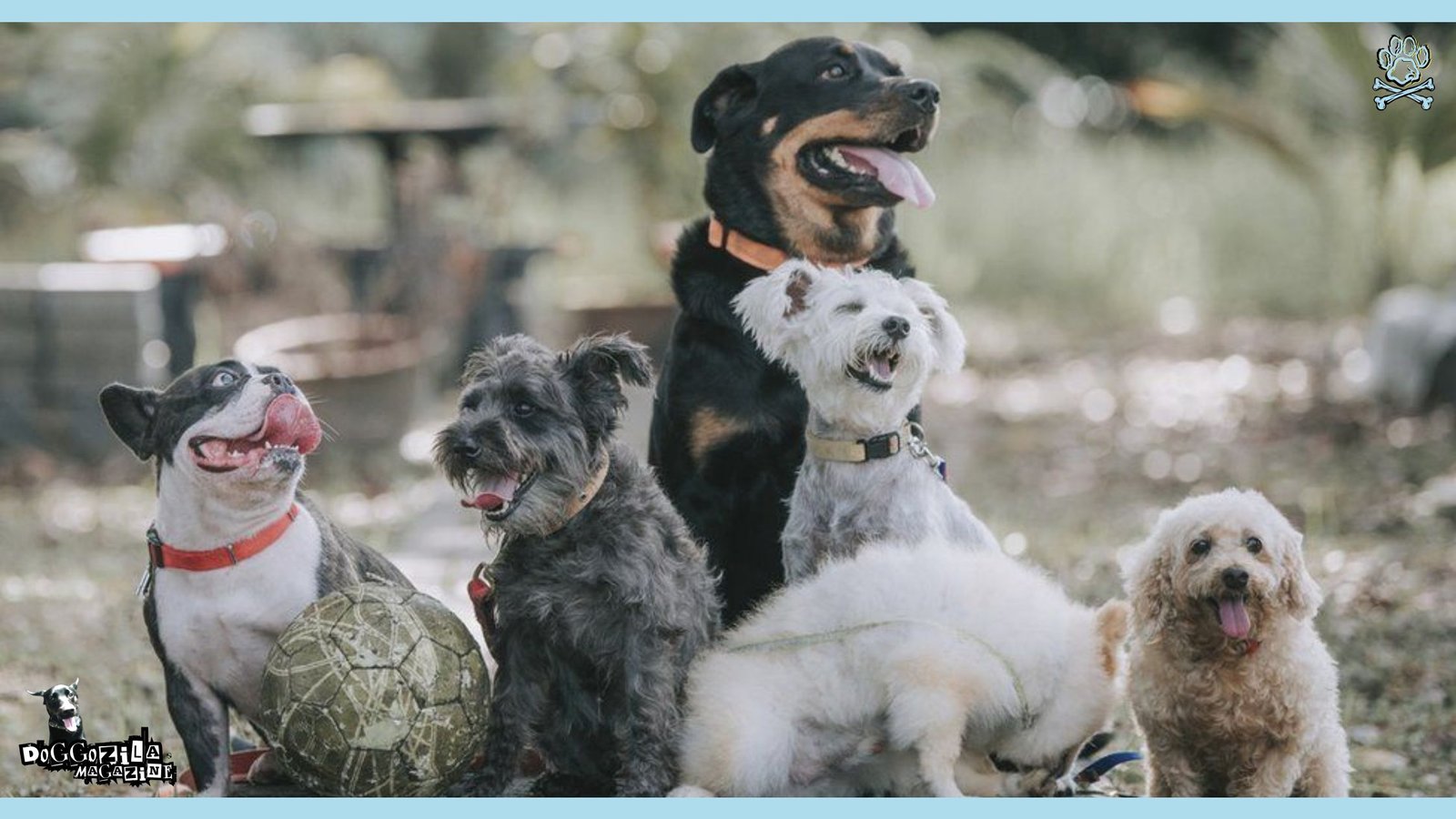
WHAT YOUR FAVORITE DOG BREED SAYS ABOUT YOU
Throughout this discussion, we have explored the intriguing correlation between our favorite dog breeds and individual personality traits. Each breed, with its distinct characteristics, can often mirror specific aspects of the owner’s personality, preferences, and lifestyle choices.
Generalizations Do Not Dictate The Entirety of an Individual’s Character
For instance, individuals who gravitate towards nature-loving breeds such as Retrievers may exhibit a friendly and sociable demeanor, reflecting a love for the outdoors and an approachable character. In contrast, those who prefer more independent breeds like the Shiba Inu may embody traits of autonomy and assertiveness.
It is paramount to recognize that while these generalizations can provide valuable insights, they do not dictate the entirety of an individual’s character. Personality is multifaceted, influenced by various factors beyond one’s choice in furry friends. Therefore, while understanding the traits associated with different breeds can be informative, it is essential to appreciate the uniqueness of each person.
Wrap Up
The bond shared with our pets often transcends simplistic categorizations, revealing a deeper connection shaped by shared experiences, mutual care, and affection. Moreover, the love for a particular breed could also signify a desire for companionship, loyalty, or playfulness, reinforcing the notion that dogs reflect some of the fundamental aspects of our human nature.
Embracing these connections allows pet owners to appreciate the diverse traits that their favorite breeds bring to their lives while acknowledging the unique personality that each individual possesses.
Ultimately, whether you favor a gentle Labrador, a courageous German Shepherd, or an affectionate Poodle, these relationships enhance our lives, providing joy, companionship, and insights into our own personalities.
